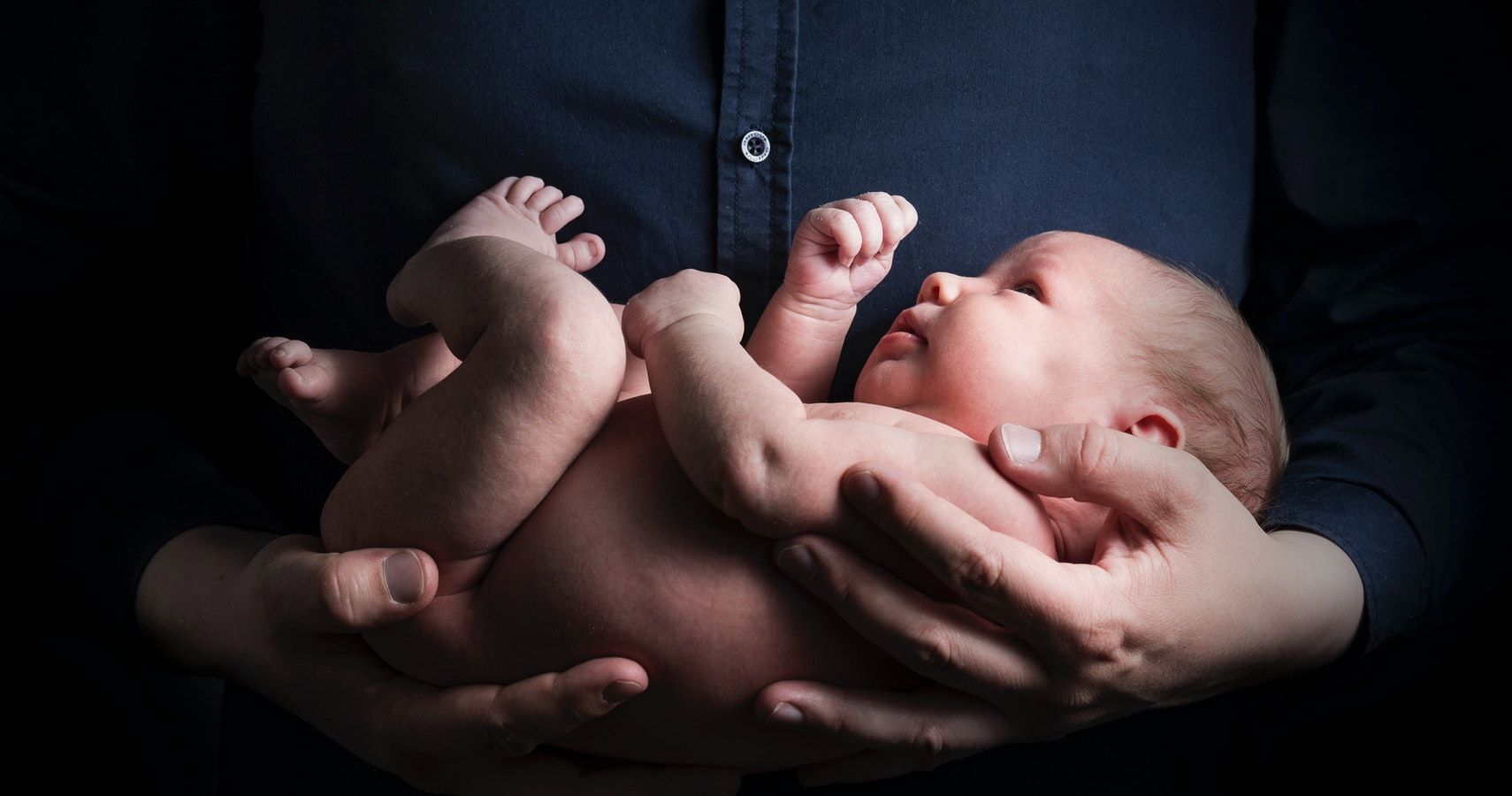Babies born via C-section can have their natural gut bacteria restored, according to a new study. As a result, C-section babies who are not born with the same beneficial gut bacteria as newborns who are born vaginally are, may now have the opportunity to develop strong immune systems from birth to protect against health issues as they age.
Researchers from Rutgers University determined that C-section babies who are swabbed with their mother's vaginal fluids at birth had gut bacteria that resembles that of vaginally born babies, according to Medical Xpress.
This is an important discovery given that C-section babies are born without the microbes necessary to build strong immune systems, which serve to protect them against illnesses both during infancy and as the babies age into adults.
Instead, babies born via C-section are found to have higher rates of "pathogens linked to hospital environments," according to University College London. Because of this, researchers have found that C-section babies are at greater risk of "obesity, asthma and allergies, diseases with underlying inflammation," per ScienceDaily.
The study, which was published in the medical journal, Med, found that swabbing babies with "maternal vaginal fluids" worked to restore the babies' gut bacteria because the vaginal microbiomes were similar to that found in the mothers' guts. As such, the bacteria, (both good and bad) that a baby would be exposed to while being vaginally born was now being exposed in a different method but producing the same result.
To determine the outcome of swabbing C-section babies with maternal vaginal fluids, researchers followed nearly 180 babies from four different countries over the course of their first year of life. Of these babies, according to the study, 98 were born vaginally and 79 were born via C-section. Of the C-section babies, 30 were randomly chosen to be swabbed with a "maternal gauze" directly after delivery.
The results showed that the C-section babies who had been swabbed with the maternal gauze had a very similar bacterial gut composition as babies born vaginally.
While this is exciting news for the 21 percent of babies who are born via C-section worldwide annually, according to The Washington Post, researchers state that there are still more studies that need to be completed in this area.
Though it was proven that the gut bacteria could be restored in C-section babies with maternal vaginal fluids, it is too early to determine if the gut bacteria provide the same disease protection for these babies that it does for vaginally birthed babies.
As a result, researchers state that further studies need to be conducted that are larger in size, to determine if being directly exposed to a mother's bacteria at birth versus being swabbed with the bacteria has any direct link to higher disease protection or not.
Source: Medical Xpress, ScienceDaily, The Washington Post, University College London, Med

